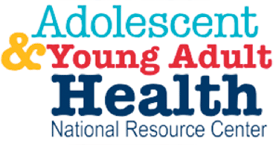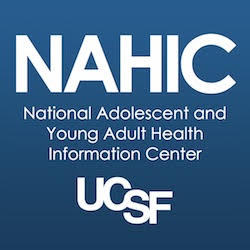Ron Dahl, MD from the Center on the Developing Adolescent presented at the Society for Adolescent Health and Medicine (SAHM) Annual Meeting on March 9, 2016. Read more below about this presentation.
Title: Adolescent Brain Development in Context: Implications for Health, Education, and Social Policy.
Description: We are in the midst of an explosion of advances in several areas of basic science that inform human development—including rapid expansions in understanding social, affective and cognitive neuroscience. More specifically, there has been a growing interest in understanding how learning and experience—particularly during sensitive periods of development—can influence connectivity among maturing neural circuits in ways that can have enduring effects on behavior and emotion. Broadly, this work seeks to discover how individual experiences (such as the effects of parenting, peers, neighborhoods, schools, media, exercise, nutrition, adverse experiences etc.) can sculpt these developing neural systems during periods of relative plasticity. While there has been general recognition that the first few years of life represent a major period of neuroplasticity for humans, there is growing evidence that the onset of puberty heralds another sensitive period of learning, particularly in relation to social and emotional learning. A deeper understanding of these adolescent neuromaturational processes—and the social contexts that actively shape them—can provide new insights for targeted early intervention and prevention. This presentation will summarize key aspects of this research. It also will consider several of the challenges in translating this research to inform clinical and social policy.
 University of California San Francisco
University of California San Francisco


